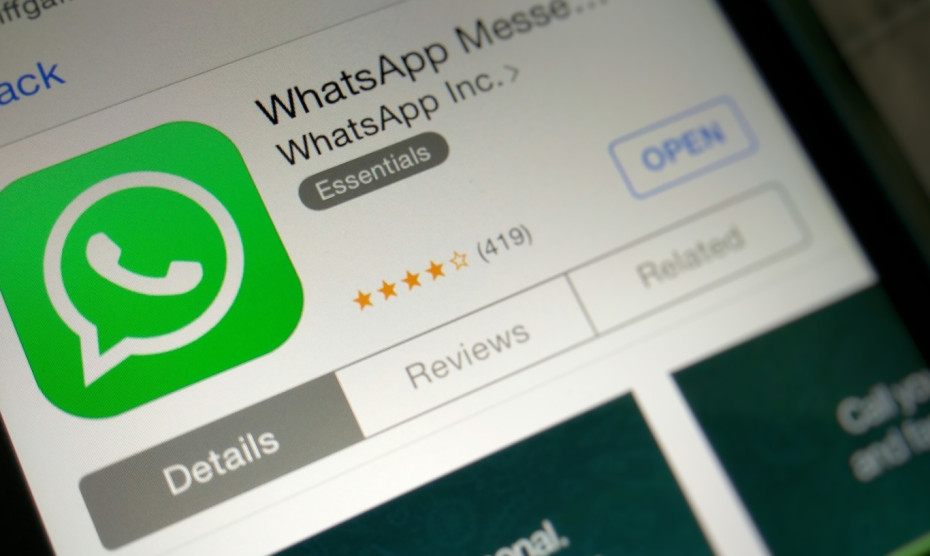
As London reels in the aftermath of yet another horrific terrorist attack, the U.K. government has reignited the debate on the use of encryption in mobile messaging services.
The attack in Westminster last Thursday left four people dead and many more injured, and reports have since surfaced that the perpetrator, British man Khalid Masood, was using WhatsApp minutes before he mowed down pedestrians on Westminster bridge and fatally stabbed a policeman. However, police have so far indicated that Masood was a so-called lone wolf killer, and there is nothing so far to suggest that WhatsApp played any direct part in the attack. All we know is that Masood had checked his WhatsApp account shortly before initiating the attack, according to a screenshot taken by the Daily Mail.
During an interview with the BBC earlier today, Home Secretary Amber Rudd, who’s responsible for internal affairs within England and Wales, said: “There should be no place for terrorists to hide; we need to make sure that organizations like WhatsApp, and there are plenty of others like that, don’t provide a secret place for terrorists to communicate with each other.”
Though there are countless messaging services out there, including Telegram, which has also previously found itself at the center of the terrorism debate, Facebook-owned WhatsApp is one of the world’s most popular, with well over one billion monthly active users. WhatsApp activated end-to-end encryption by default last April, and with governments around the world looking for ways to combat the perceived growing threat of terrorism, technology companies are facing mounting pressure to create some kind of backdoor access into their private communication services.
“It used to be that people would steam open envelopes or listen in on phones if they wanted to find out what people were doing — legally, through warrants,” continued Rudd. “But in this situation, we need…

